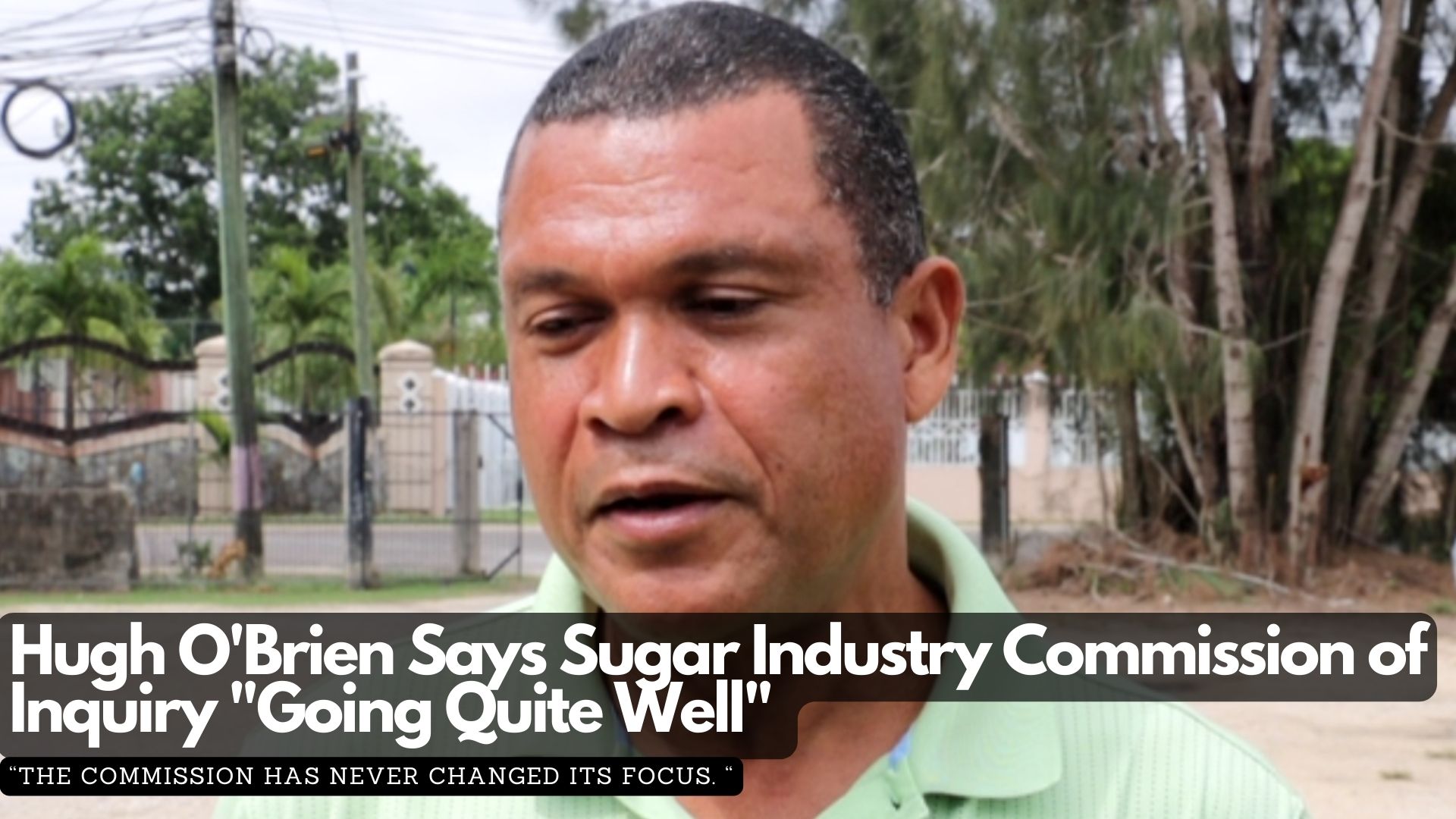Commission of Inquiry Begins Investigation into Belize’s Sugar Industry
The Commission of Inquiry into Belize’s sugar cane industry, established by Prime Minister John Briceño on March 19, held its first meeting on May 29. The Commission, led by Chairman Wayne Piper and commissioners from Belize, Mauritius, South Africa, and the UK, aims to examine the industry’s entire value chain and provide recommendations to the government. The initial meeting outlined plans for visits to sugar mills and production sites across Belize, with commissioners arriving in early June. The Commission’s proceedings will not be public, but updates will be provided through the Lead Coordinator, Hugh O’Brien. The final report is expected by November 30, 2024.
In a press release dated June 4th, Belize Sugar Industries Limited (BSI) expressed support for the Commission’s role in advising on industry modernization. However, BSI also expressed concern. Its primary concern is sharing proprietary information due to competitive pressures. BSI stated it would not cooperate if the Commission’s focus shifts to negotiating a new commercial agreement, which they consider a private matter. BSI says it is open to discussing reforms to industry regulations and participating in efforts to improve mill efficiency and cane yields in northern Belize.
The Belize Sugar Cane Farmers Association (BSCFA) later issued its press release on June 6th. BSCFA says that it welcomed the commencement of the Commission’s work, viewing it as long overdue since the last inquiry in 1969. The BSCFA emphasised the importance of this investigation for the sugar industry and urged the Commission to hold public meetings. The BSCFA expressed concern over BSI/ASR’s position on sharing sensitive information with the Commission.
Lead Coordinator, Hugh O’Brien, says Inquiry Going Quite Well
On June 13th, News Five’s Marion Ali caught up with Hugh O’Brien, the Lead Coordinator for the inquiry in Orange Walk Town. When asked how the inquiry is going, O’Brien said, “The inquiry to, in my view so far is going quite well. The ambience between the people that the commissioners have met, particularly, we’ve sat down. We spent a day and a half with BSI. That went extremely well. BSI was very, very open. They shared their information that they had with them and various components of the factory and how the factory operates and their overall program and their views for the industry in terms of what they see is needed for Belize from their perspective. And then the tour of the factory with BSI went extremely well. And then following that the second day they did a tour of field activities, BSI’s operations at the field level, their farms and the services that they are with a view from their perspective that they have in mind. That they can contribute towards helping to modernize the industry in Belize.”
When asked about the commissioners’ views, O’Brien said, “they are calling me because currently they are meeting with the Belize Sugar Cane Farmers Association at the SIRDI office in Buena Vista and the commissioners also yesterday did a complete, they receive a presentation from Santander which have a very different structure and they’ve toured the Santander factory and they also had a complete tour of the Santander fields of sugar cane. So, they’re getting a good view and a good handle of, of what is occurring in Belize? Previous to that, they had presentations from the staff at the Sugar Industrial Research and Development Institute. They had a presentation and discussion with the sugarcane production committee because the way sugar is delivered in the north is very different than the west and is a very intricate system in the north because of the large number of small farmers and people battling to try to get their sugar into the factory.”
When asked about the concerns raised by BSI, O’Brien said, “The commission has never changed its focus. The terms of reference of the commission of inquiry was drafted and there were concerns that BSI raised. That’s when I kind of got involved and the prime minister asked me to, and I said, we’ve had discussion with BSI. They sent back recommendations from their standpoint and we made adjustments to the terms of reference, but we never gave in to what BSI wanted.”
O’Brien said that the commissioners will now create a list of specific items that they want from the two factories.
